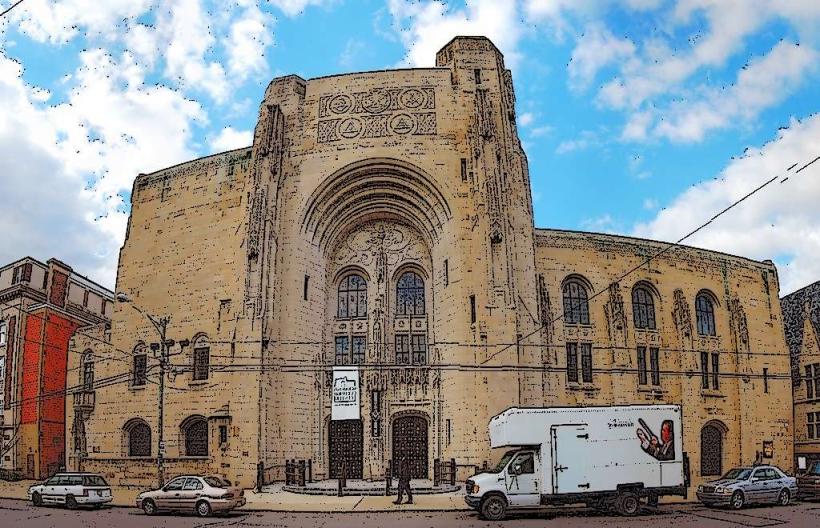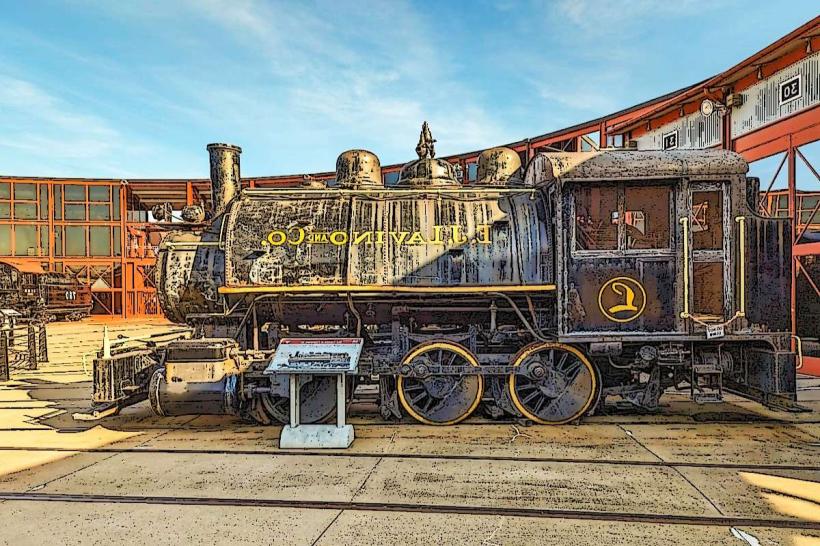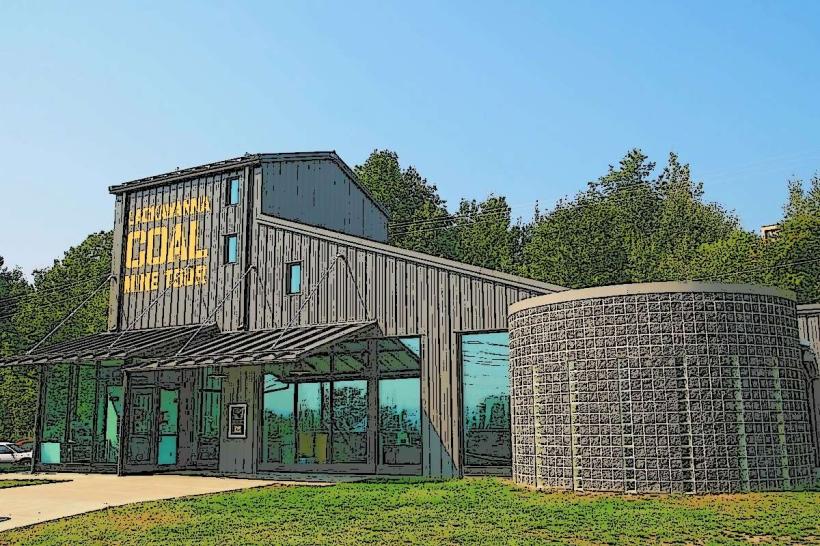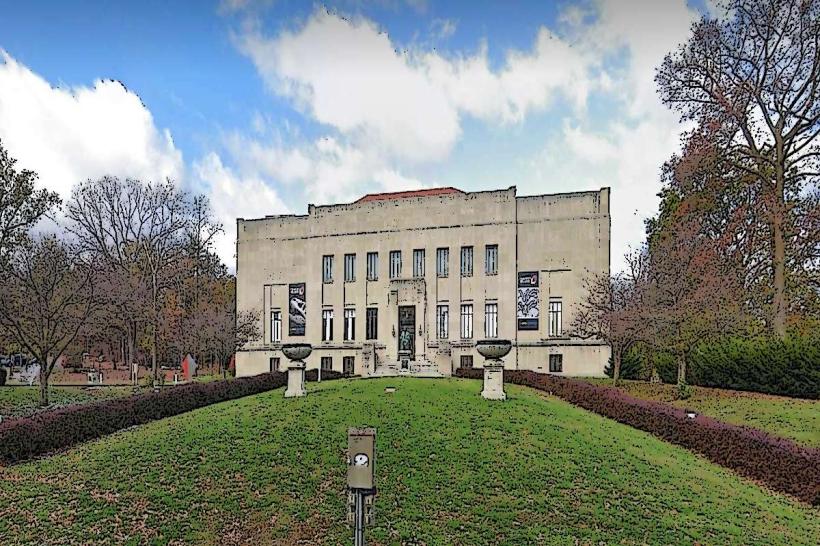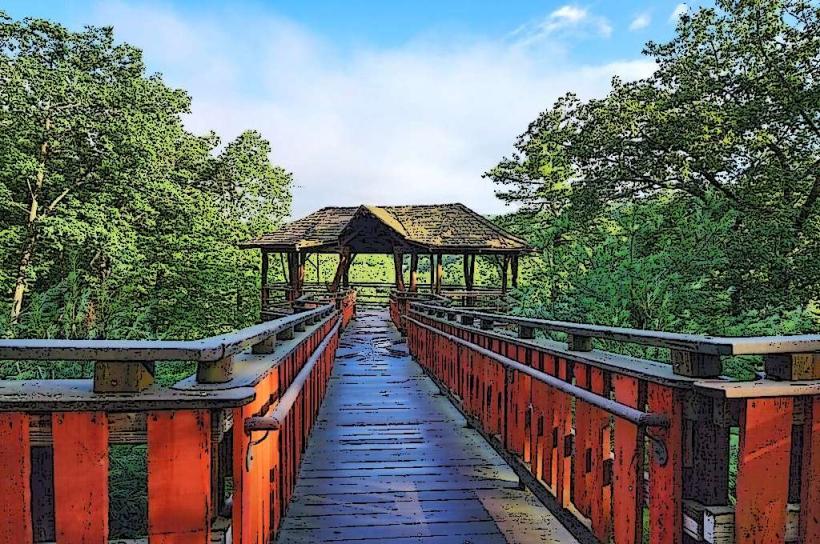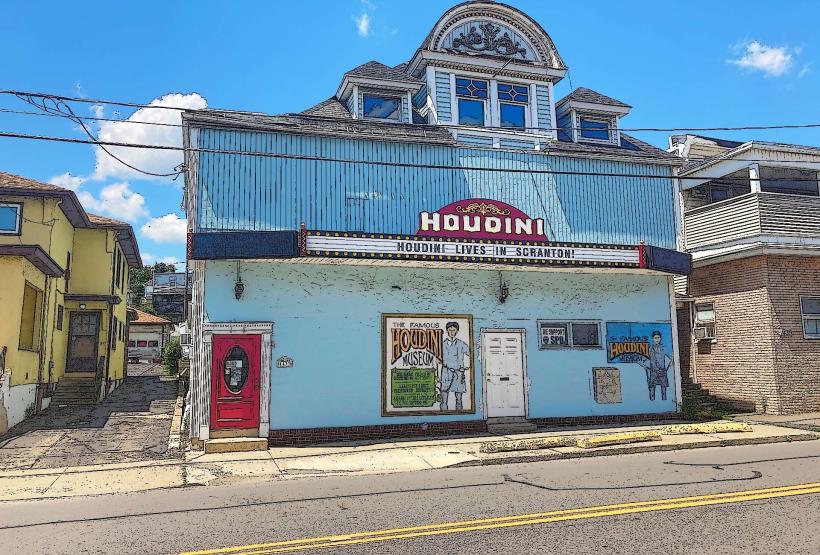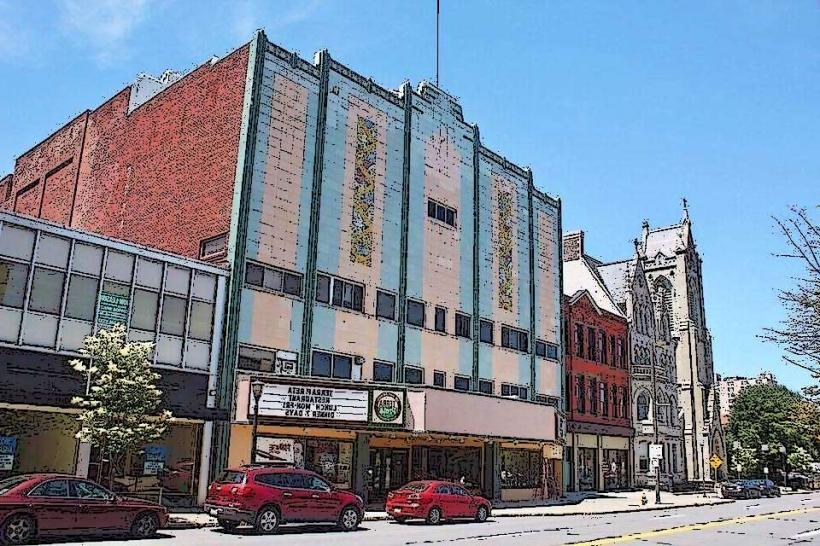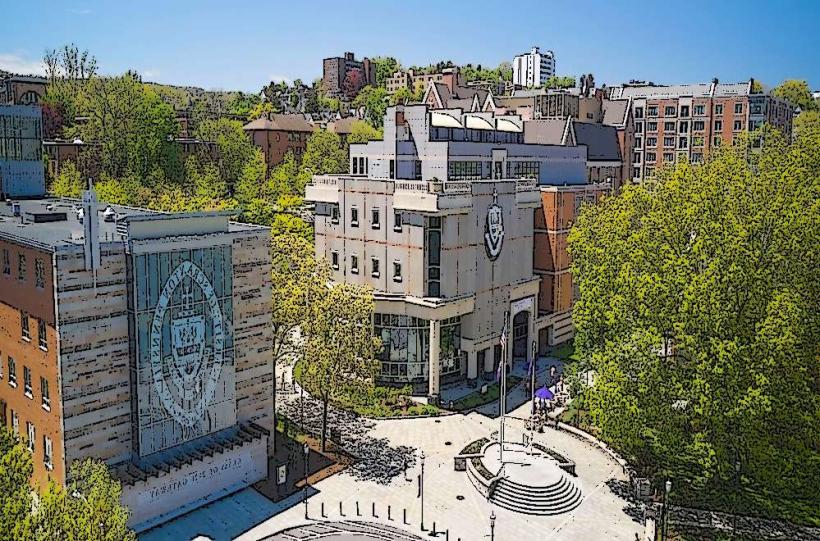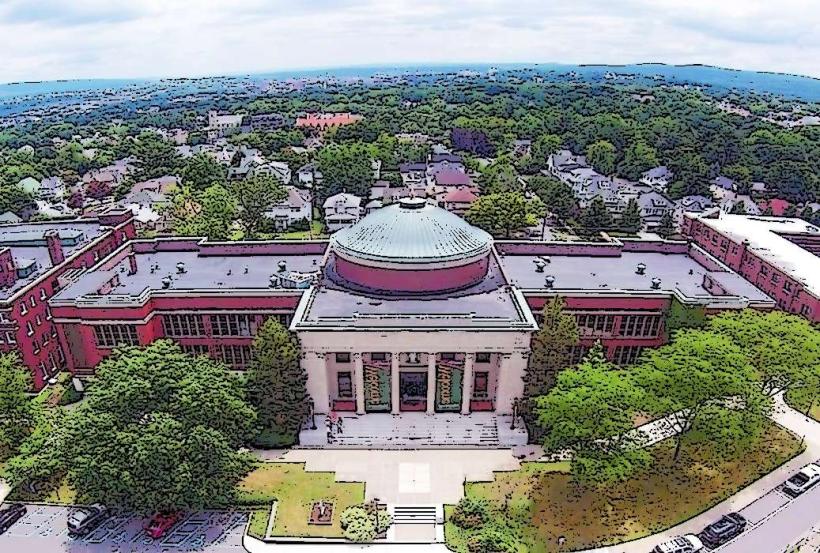Information
City: ScrantonCountry: USA Pennsylvania
Continent: North America
Scranton, USA Pennsylvania, North America
Scranton is the seat of Lackawanna County and the sixth-largest city in Pennsylvania. Historically known as the "Electric City," it was a pioneer in electric lighting and transit. Today, it is recognized for its transition from coal and iron to a diversified economy focused on healthcare, education, and its global profile in popular culture.
Historical Timeline
Originally inhabited by the Munsee Lenape people. The city was named in 1851 after brothers George and Selden Scranton, who founded the Lackawanna Iron and Coal Company (1840).
1880: Became one of the first U.S. cities to install electric lights.
1886: Launched the nation’s first continuously operating electric streetcar system.
1959: The Knox Mine Disaster flooded the region's mines, effectively ending the deep anthracite coal era.
2022: Formally exited "Act 47" municipal financial distress status after 30 years.
Demographics & Population
The estimated 2026 population is 75,905.
Composition: 71.6% White, 11.0% Hispanic/Latino, 6.7% Black or African American, and 4.7% Asian.
Economics: Median household income is $49,531; the poverty rate remains high at 21.9%.
Fiscal Note: The 2026 city budget holds property tax rates flat for the fourth time in five years.
Urban Layout & Key Districts
Downtown: The commercial and architectural core, featuring the iconic "Electric City" sign and Courthouse Square.
Green Ridge: An affluent residential neighborhood known for its historic homes and as the birthplace of President Joe Biden.
The Hill Section: Home to the University of Scranton and major regional hospitals.
West Scranton: A historically immigrant-heavy district known for its diverse culinary scene, particularly Italian bakeries.
South Scranton: Site of the historic Iron Furnaces and industrial remnants.
Top City Landmarks
Steamtown National Historic Site: A 52-acre park and museum dedicated to the era of steam railroading.
Lackawanna Coal Mine Tour (McDade Park): A seasonal tour that takes visitors 300 feet underground into an original anthracite mine.
Nay Aug Park: The city's largest park, featuring the David Wenzel Treehouse, a gorge with waterfalls, and the Everhart Museum.
Scranton Cultural Center: A Masonic Temple built in 1930, notable for its Neo-Gothic and Art Deco architecture.
Electric City Trolley Station & Museum: Details the city's history as a pioneer in urban transit.
"The Office" Mural: A 2022 mural on Lackawanna Avenue celebrating the TV series that gave the city worldwide fame.
Transportation & Infrastructure (2026)
Scranton Beltway Project: In 2026, the PA Turnpike and PennDOT are advancing plans for direct highway-speed links between I-81 and I-476 to alleviate traffic congestion through the city.
Multimodal Grants: In Jan 2026, over $5.7 million was awarded for regional streetscape improvements, including sidewalk and lighting upgrades on Penn Avenue and Capouse Avenue.
Air: Served by Wilkes-Barre/Scranton International Airport (AVP) in nearby Avoca.
Safety & Environmental Alerts (Jan 23, 2026)
Extreme Cold Advisory: Wind chills are expected to reach -26°C (-15°F) tonight.
Winter Storm Watch: Effective Sunday morning. Forecasts indicate heavy snow and freezing rain; total snow accumulations of 8–14 inches (20–35 cm) possible through Monday.
Public Service: 2026 property tax bills are currently being mailed; the city has transitioned to a unified land and improvement value assessment system.
Local Cost Index
1 Espresso: $3.50 – $5.00
1 Tray of Old Forge Pizza (Nearby): $15.00 – $22.00
Median Monthly Rent: $980
Median Home Value: $138,998
Facts & Legends
Scranton was the first city in the U.S. to produce T-rails for railroads. A verified fact: The city's population peaked at over 140,000 in the 1930s. A local legend involves the "Scranton Siren," a mystery sound reportedly heard in the early mornings near the Lackawanna River that some believe is a lingering echo from the city's abandoned steam whistles.

